Dear Readers,
Thank you for coming here!
Notes for you:
I never expected this post to be so long. And it took at least 5 times the time I originally planned. Checking the facts and recalling the thinking then was the time-consuming part.
But it was worth it. I took this opportunity to have a careful review of the whole journey and hopefully I could offer something of value to you as well.
And I found out that certain things were just hidden away from my sight, but they were never lost.
Three things to take note:
1. I did a more throughout assessment and found out that the “lost” returns was actually over 300K, instead of the 200K I derived from the ball park estimate
2. Certain things can be hidden or buried. But they will just jump out at the right occasion and they cannot be ignored. I realize some of the content is not very much related to the topic. They should be easy to spot. Feel free to skip them.
3. I had to stop half way last week due to lack of time and decided to split the post into two or even three. I am able to complete it now and have made some revisions to the first part too. So I have posted the completed version here for easy read.
I really hope this read can provide you with some take-away. That would exceed my expectations I have for this post!

I did a review of my investment journey, including going through the transactions, the notes from discussions and my own diary.
The outcome was shocking.
I could have easily earned 300K SGD extra returns from my investments.
I always knew I deviated from the simple strategy, which caused negative impact on the investment returns.
Still, 300K! I never expected the impact to be so shockingly big!
This is a significant amount, even compared to our Net-Worth now, after we both have worked for more than 10 years!

So here is a brief overview of my journey.
1.The strategy
After reading a few books, discussion forums and discussing with the friends in the industry, I gathered a few investment strategies.
After evaluating my interest, estimating the time I can invest in the area and recalling my inability to balance a balance sheet in university, I decided to take up a simple and proven one:
- Use CPF as bond component
- Invest all my other investable asset in stocks with 90–10 split into world index and SG index
- Adopt the DCA method with monthly capital injection
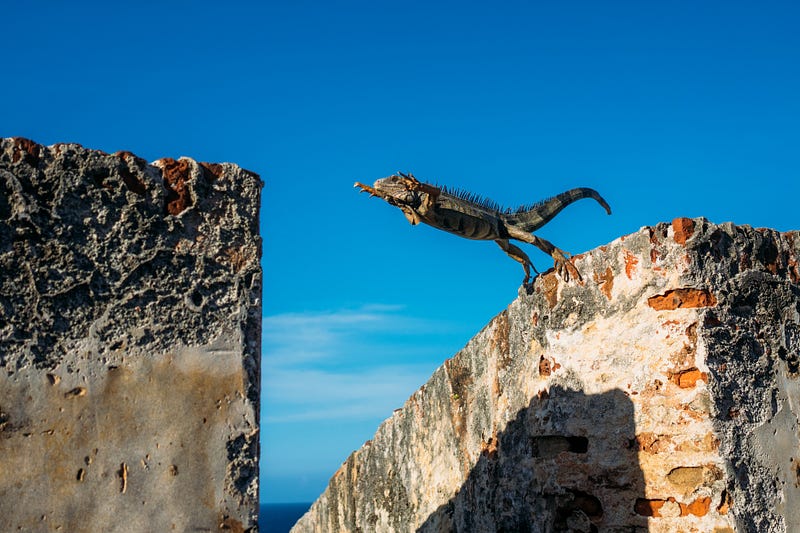
2.The first deviation
The first deviation from this strategy came almost immediately after I started.
SG index started to drop significantly and continuously and I thought that was the chance to lower my cost.
So I invested more and more in SG index.
Thinking back, that was so stupid.
I added positions so frequently that the price difference was barely meaningful between buys.
I added positions so heavily that I emptied my war chest very quickly.
And that was only the beginning of the drop.
When I had to stop to review, SG index was so heavy in my portfolio that the split was inverted.
90% of my capital was invested in SG Index.
And during the same period of SG index dropping, world index was growing incredibly well.
By then, we were talking about close to 150K SGD that should have been invested in World Index.
Given the average cost of those period, this capital could easily have doubled by now if invested in World Index.
Instead, this capital was still suffering loss in SG Index when I finally took them out a few months ago.
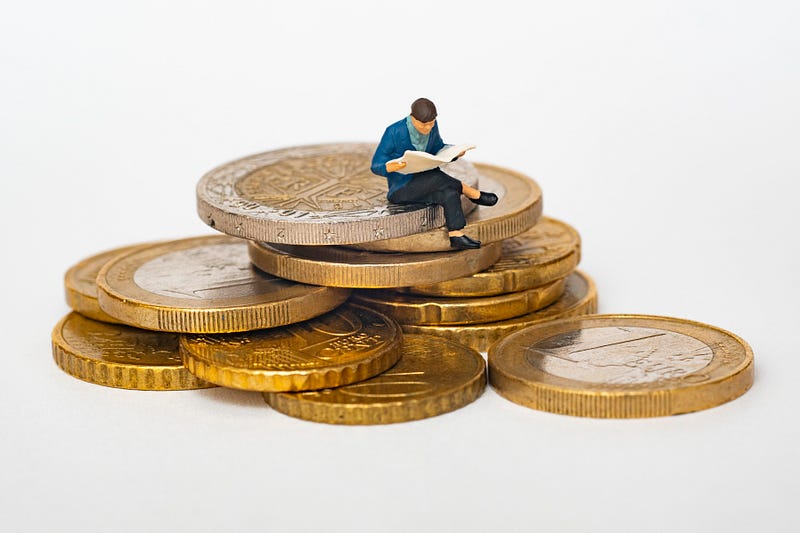
3.Trying to save myself
Seeing the deviation from the strategy, with an empty war chest and SG index continuing to drop, I struggled between continuing to invest in SG index and switching to invest in world index, with my only cash flow — what’s left over from my salary after expenses.
I was lucky to take a rational look at that time.
- The event that Creative decided to go public in HK made me realize that SG market was small and lacked the upside potential.
So I switched to world index.
That was when my return started to recover.
I thought of selling the SG index to restore my portfolio split, but I was a firm “buy and hold” believer at that time and the fee with the banks was high (there were less choices for brokers then).
So my return was only very slowly recovering.

4.Staying the course
For the next one year or so, I stayed the course to invest in world index on a monthly basis.
And the amount was quite consistent since my salary and family expenses were quite consistent.
So I was actually DCA-ing. This is probably the only period I really practiced DCA.
Before I deviated again from the strategy, my portfolio split between World and SG Index was only close to 50–50, still far away from the split set by the strategy.
The returns were good.
During the same period, I also took my money in China out of P2P lending and started to invest in China index.
The return was also good.

5.The second deviation
In the 2nd half of 2019, when the world index kept hitting new highs, I got a bit worried.
How can it keep going up?
So I did my research which yielded no conclusive results.
I just felt it is a bit too high for the economy.
So I stopped the monthly DCA and redirected the fund into my war-chest.
I was ready to wait for it to drop before I went in again, because I would be able to have lower cost.
I recall that I was incredibly calm seeing the index hitting new highs again and again.
I did the same for my China index.
In the process, I replenished my war chest to all time high, ready to strike when the market got “rationale” again.
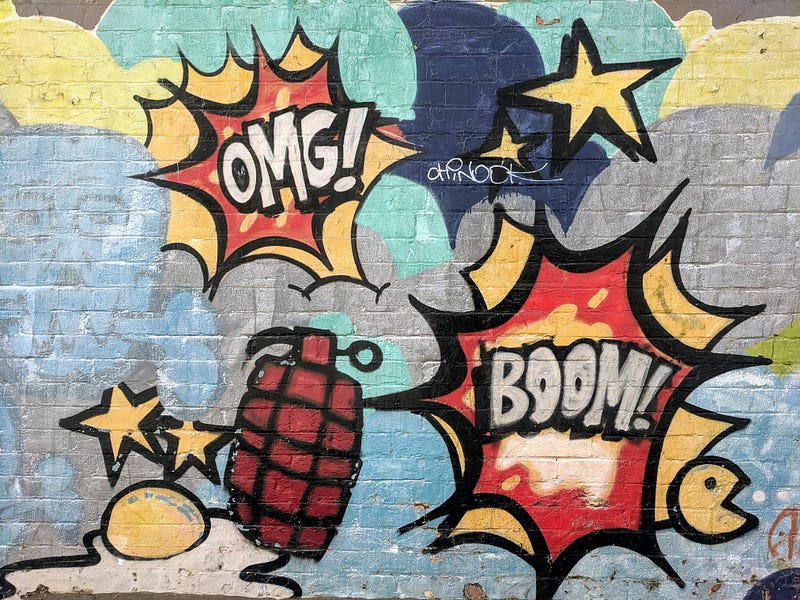
6.BOOOOOM!!!
Then the offer retraction incident happened.
I went from a situation where I had 2 well-paid offers to pick from to a totally different one where I was jobless. It happened two weeks before my onboarding to the new job so it was not even possible for me to keep my current job. The financial loss was much heavier than what was discussed here.
I was suddenly in a totally different state, where things I needed to worry about changed almost entirely.
Before the incident, I was worried about how to get more returns through investment and retirement planning.
After the incident, I had to worry about how to make sure we had enough to cover our expenses and how to regain that cash flow without taking a job I hate or a significant pay cut.
What worried us most was the uncertainty. I did not know when I could get another job and restore the stable cash flow and the prospects.
At that time, I felt lucky that my war chest was full.

7.The opportunity came!
The opportunity finally came in Feb/Mar 2020.
The market dropped like 40% very quickly.
At that time, I was already freelancing and I definitely expected to get paid for my work.
Logically, I knew I could empty my war chest to make the best out of this opportunity.
However, when I sat in front of my computer and was about to click the “submit order” button, I felt something was not entirely right.
I discussed with my wife and she felt the same way.
Again the uncertainty!
We did not know how COVID was going to develop, for how long and for how bad.
We did not know whether my offer, or even my freelancer pay, would be affected.
We did not know what else could happen.
We did not know…
So after some quick calculation, we agreed to invest only 20% of the war chest.
I added positions at ~15% higher than the bottom, which was already well below my average cost.
If I had put in all my war chest, till now, at least 60% of gain should have been secured on the capital.

8.The third deviation
But the market recovered quickly.
The deep and narrow “V” surprised almost everyone.
Even some of the investment guru in big investment institutions were asking their client to sell and not to buy, I later found out.
Very few expected the market to recover so quickly.
However, COVID situation continued to worsen.
China closed borders which meant I could not onboard my new job.
I will continue to freelance. I still expected to get paid then, but knew that the pay would come much later.
So we again had to evaluate our situation.
This time around, we knew we were dealing with something much worse than what we expected. Instead of 2–3 months of no income, we could be dealing with a year or even longer.
So when the market recovered and was about 5% higher than the previous high, I decided to clear my positions in World Index and China Index, to pocket the gains.
I was really scared of a “Double Dip”.
It was not about returns any more. It was about more basic needs for my family.
I was very very busy with work leading a very challenging team on a very challenging engagement for a very challenging client, suffering from back pain due to sitting long hours under high pressure. So I had no time to look at the markets.
At the same time, I was very very pessimistic and even frightened.
You might be wondering why I cleared my positions for World Index and China Index, instead of the SG Index.
That way, I could have harnessed the 30% gain for World Index and China Index in 2020, and avoided the stagnant SG Index.
There were a few reasons:
- The most important one was probably the fact that I was still losing money in SG Index at that time. This cognitive bias made me try to avoid realizing the loss.
- I did not believe the SG Index could experience any significant further drop and therefore the risk of “Double Dip” was low
- SG Index paid out (still do now) dividend in SGD, so it would directly help our cashflow, which was of ultimate importance.
This deviation made me lose the opportunity of another 30% gain on basically all my capital invested in World Index and China Index, which is substantial.
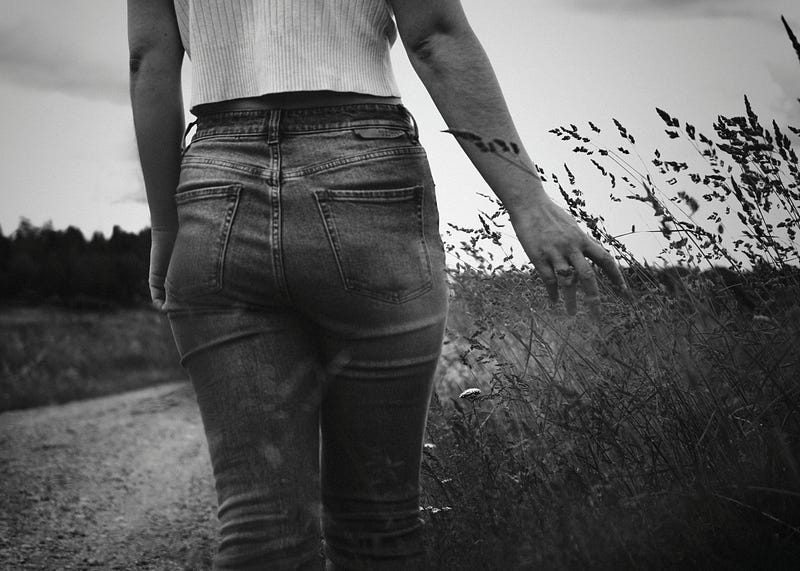
9.I stepped away and kept away
After I stepped away by clearing my positions in World Index and China Index, my situation continued.
I continued to freelance with the expectation for the pay diminishing along the way.
And I rejected the opportunity to re-join my previous company in Jul.
So my situation continued and all the concerns were still present.
So I kept away.
I did not make any capital injection into the market.
I was holding quite a bit of cash just in case.
Looking back now, that was too much emergency funds, enough to cover our expenses for at least 3–4 years.
I guess I was still frightened by the possibility that I would not be able to provide for my family.
My family should not suffer because of my mistakes or inability.
Also, I was quite worried about our new flat.
My wife’s salary would not get us enough loans.
So the possibility of us losing the flat and all the down payment and expenses was real.
The situation was bad.
And one thing became clear when I thought back: my approach was contradicting!
On one hand, I was really conservative with money we already had to prepare for “rainy days” — I almost laughed when I wrote this down. We were already in the “rain”.
On the other hand, I rejected the opportunity to draw a stable salary on a stable job, which was more than enough to make all my worries above go way.
I stubbornly believed that the China opportunity provided more potential. And there was “trust” and “cannot let them down” with my mentor involved.
However, deep down, I guess I was still angry and I refused to let the incident define my life in any way.
So the fact that I did what I did in those situation without realizing it was a sign that I valued my pride and career potential over more money after being able to provide enough for my family.
I think I take pride in that.
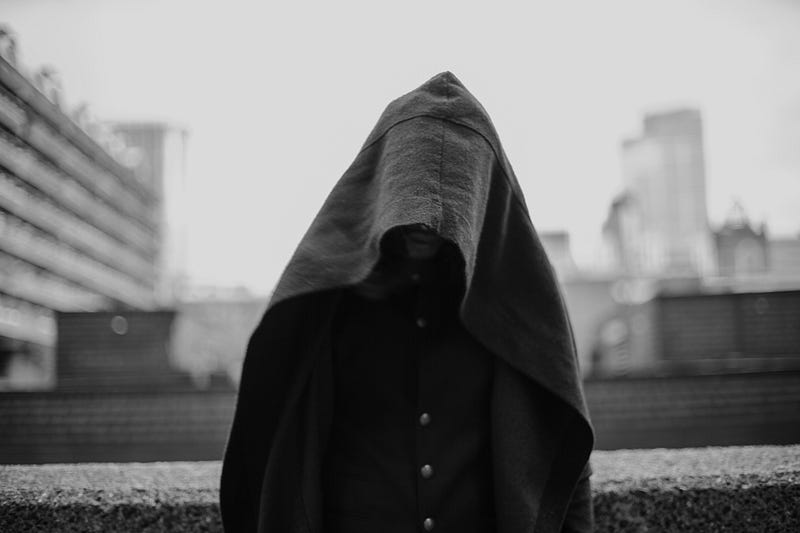
10.Ready to come back
Under all these pressure, especially the risk of losing our flat, when the VP of my previous company reached out again, I finally “gave in”.
I thought I “gave in” to short term gain at the cost of long term gain, because we were always talking about how much the increment would be.
It turned out to be 15% pay reduction. And the process took so much longer than what the VP promised.
And I had to reach out to the HR to get any update.
I felt humiliated.
I thought of just walking away and leaving all these behind.
My wife was always supportive. So she had no problem if I just walked away.
But I was out of options then.
I told my mentor my intention to accept the offer even before I said “Yes” to the VP. Even I could go back to the old offer, it would not help our cash flow any time soon.
And finding another job soon would be hard.
So I took it.
Among all the bad feelings, I also felt relieved when I signed the offer.
I knew I would get some room to breath and re-collect myself. I could not do this while in the state of scarcity I had been for the past 1 year.
This was what I got for “being a coward”.
I knew I had to live with my choice and the constant and painful reminders that came with it.
To do that, I knew I had to make peace with myself and with the situations.
I think I managed it by ignoring the reminders as much as possible and distracting myself on other things.
So we all can get pretty good at self-deceiving when it comes to that.
We got our new flat without any problem. And after a few months of stable income and re-establishing some routines, I was ready to come back.
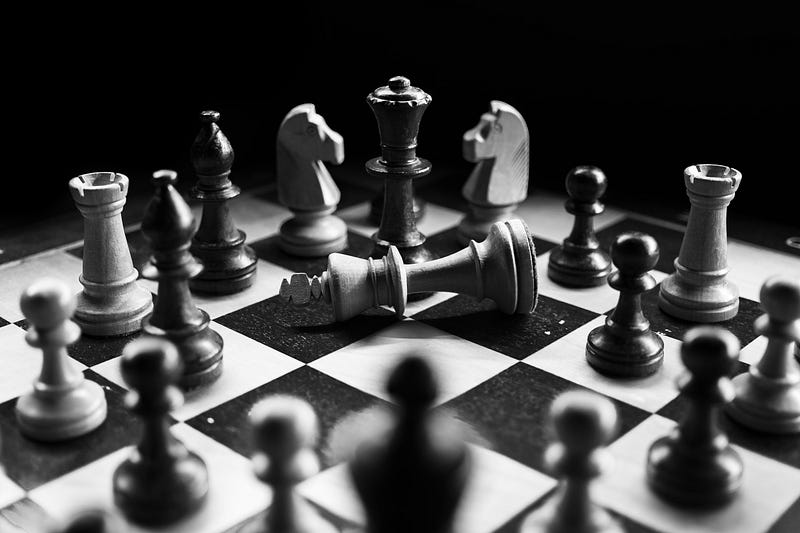
11.The fourth deviation — The new strategy
When we reviewed our financial situation, I was shocked by the returns my wife managed by investing the small amount of capital we had in spare, mainly the onshore RMB we saved from wedding gifts and my salary when I was working in China.
She mentioned to me a few times and I had the impression that she was getting good returns.
However, returns that good still surprised me.
And the logic seemed simple.
So I decided to re-enter the market with the new strategy.
At first, we were lucky. The returns quickly overwhelmed me.
So after we have emptied our war chest, I decided to finally let go of our SG Index, which was still in the red after a few years.
Shortly after, the “profiting taking” happened and my portfolio slipped into the Red, while SG Index had a pretty good run after the Chinese New Year.
So my portfolio has been in the red since then.
From time to time, I wish I had pocketed the gains of over 60K. But for the most part, I was not affected and I did not reduce any positions.
I believe my holdings are solid.
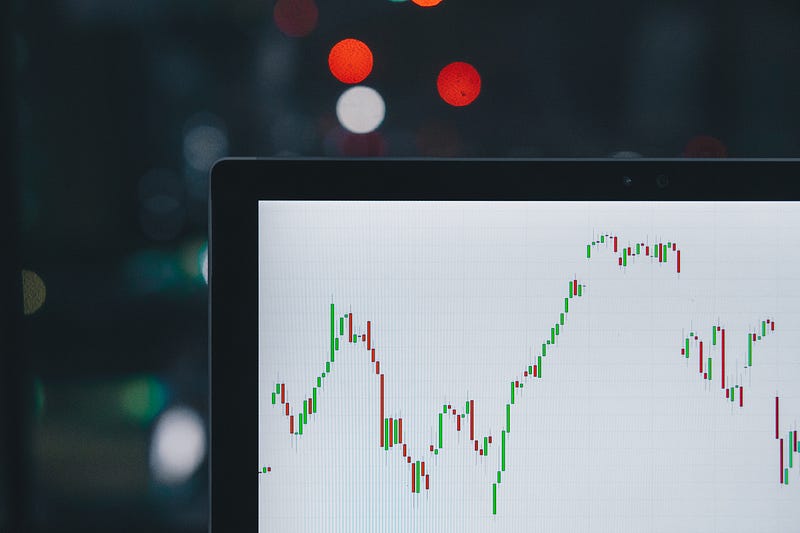
12.The speculation
Just recently, we started to work from home again due to Covid. And the job started going into the stable mode.
I had more time.
And I “ventured” into speculative trading.
I had one very lucky trade and some very unlucky ones. And it takes a lot of time.
I am also slowing losing interest…
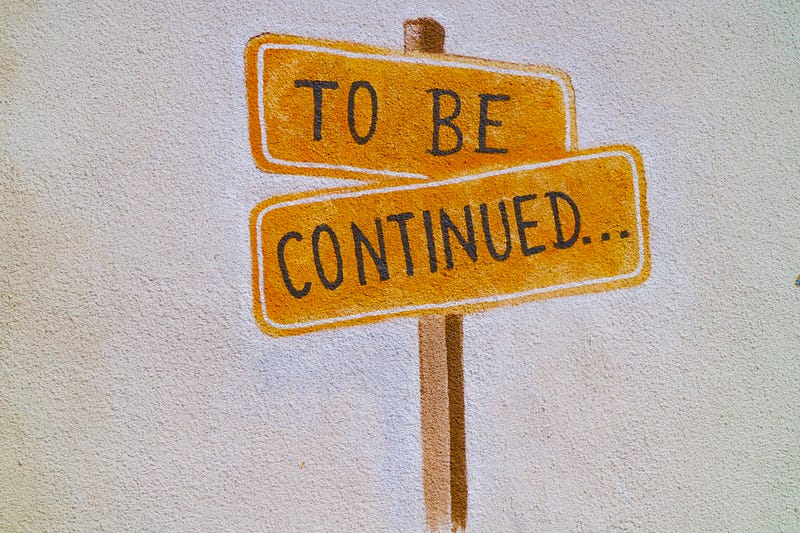
13.To be continued
My journey on investing, career and life will continue.
I do not really have any clear plan.
I have free time, but I cannot really find anything that I really enjoy doing with all that time.
So I guess I will continue to wonder around and waste my life away.
The very noticeable difference is that I no longer feel the anxiety. Maybe I am finally getting mature and old.
Lets see where it leads.

Summary
The most effective strategy is usually simple. Staying to it is the hard part.
From my experience, it definitely holds for investing. In the course of 3 years, the simple strategy could have earned me 300K SGD if I had stuck to it.
One big enemy is free time that we do not know how to spend.
Maybe the unintended benefits of staying busy with work or life is that we are forced to stick to the simple strategy.
May you find your own strategy and stick to it!
Till next time!

No comments:
Post a Comment